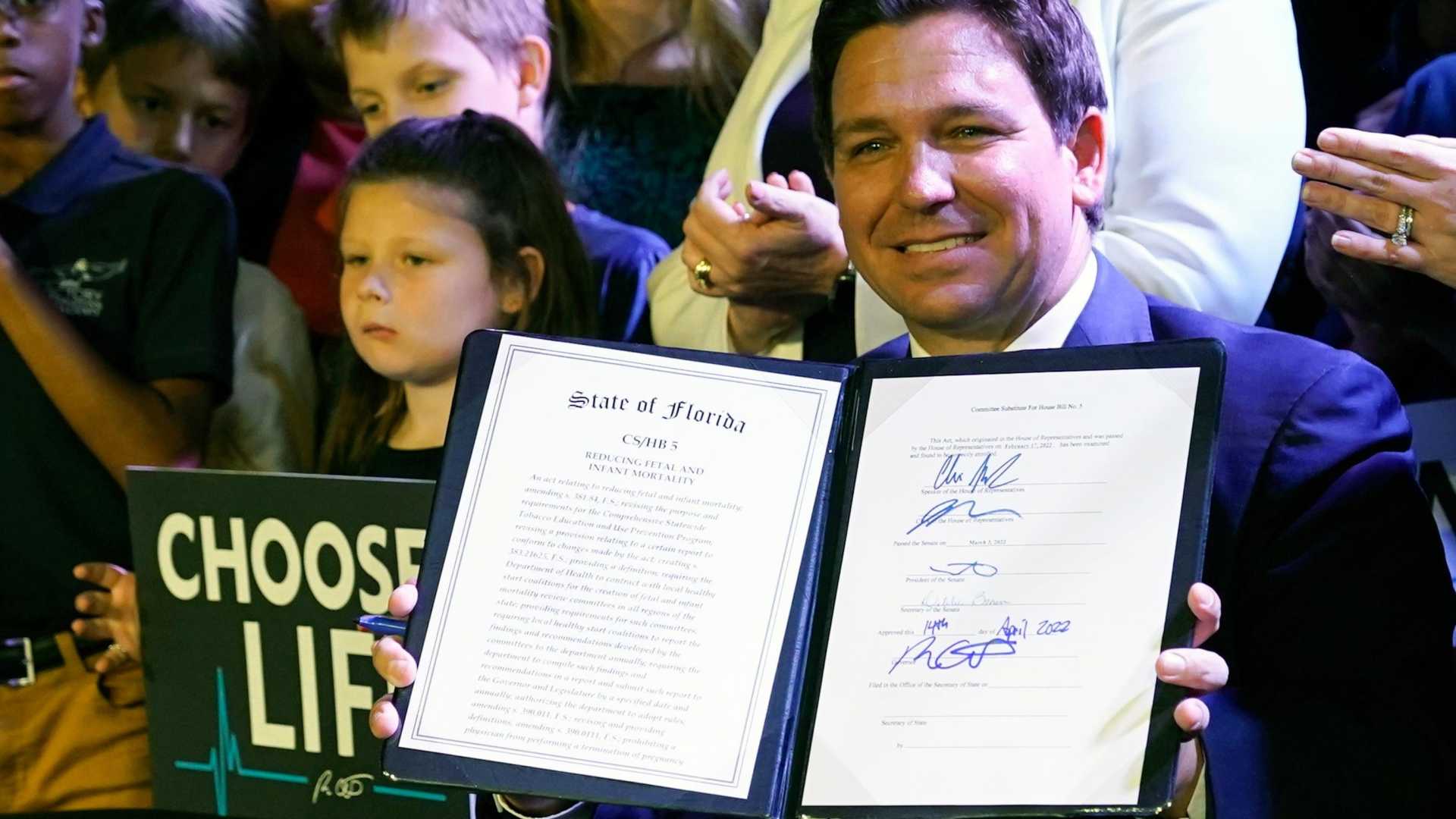News
Federal Judge Blocks Florida’s Action Against Abortion Rights Ad

A federal judge has issued a temporary restraining order against Florida’s Surgeon General, Joseph Ladapo, amidst an ongoing legal battle over a television advertisement advocating for the state’s abortion rights ballot measure. The ruling represents the latest development in the conflict between the state health department and the advocates of abortion rights.
Earlier this month, the Florida Department of Health threatened criminal charges against broadcasters airing the ad, which encourages a “yes” vote on a ballot initiative to add constitutional language permitting abortions until fetal viability. This measure seeks to counteract Florida’s six-week abortion ban. The campaign’s advertisement features a woman named Caroline, a terminal brain cancer patient who needed an abortion to receive life-prolonging treatment.
According to letters sent by the health department to various broadcast stations, the ad was deemed “false and dangerous.” Officials argued that Florida’s law already includes an exception for the life of the mother, cautioning that misinformation could lead women to seek unnecessary abortions out of state, thus endangering their health. In response, the group behind the ad, Floridians Protecting Freedom, filed a lawsuit requesting a restraining order to stop the health department from pressuring TV stations.
Chief U.S. District Judge Mark Walker supported the plaintiffs with a sternly worded order. The restraining order, effective until October 29, was penned with an emphasis on free speech rights, stating, “To keep it simple for the State of Florida: it’s the First Amendment, stupid.” Walker noted that the state’s demands to remove the ads amounted to censorship.
Federal Communications Commission Chairwoman Jessica Rosenworcel had criticized the cease-and-desist letters as an infringement on free speech. She remarked, “Threats against broadcast stations for airing content that conflicts with the government’s views are dangerous and undermine the fundamental principle of free speech.”
Despite the health department’s actions, some stations, including WINK-TV, continued broadcasting the ad, while others ceased showing it. The lawsuit also sought to bar future intimidation against the media and request financial compensation for the perceived violation of free speech rights.
In a statement on Friday, Jae Williams, the communications director for the Florida Department of Health, maintained that the ads were misleading and damaging to public health. He reiterated that the state’s abortion law protects the life of the mother and offers exceptions for rape, incest, and human trafficking.
Caroline, the featured woman in the controversial ad, disclosed her surprise at the cease-and-desist letters amid preparations for Hurricane Milton‘s expected impact. Lauren Brenzel, directing the “Yes on 4” campaign, hailed the legal decision as a “crucial victory,” asserting, “The court has affirmed what we’ve known all along: the government cannot silence the truth about Florida’s extreme abortion ban.”
The ACLU of Florida’s executive director, Bacardi Jackson, expressed satisfaction with the ruling, emphasizing the importance of maintaining free and fair elections. A hearing is scheduled for October 29 to discuss the request for a preliminary injunction. The evolving situation continues to draw attention to the contentious abortion rights issue within the state.












